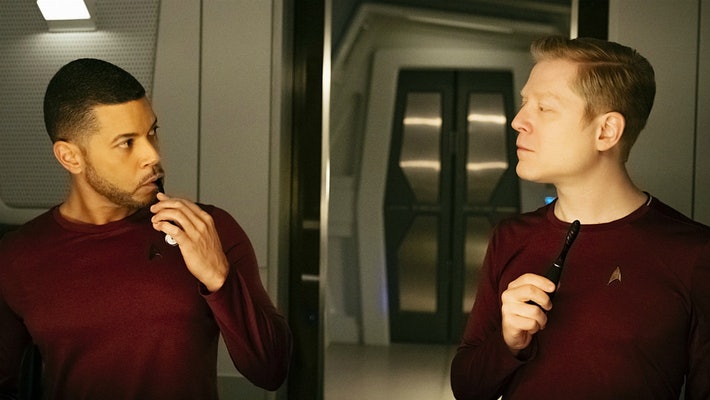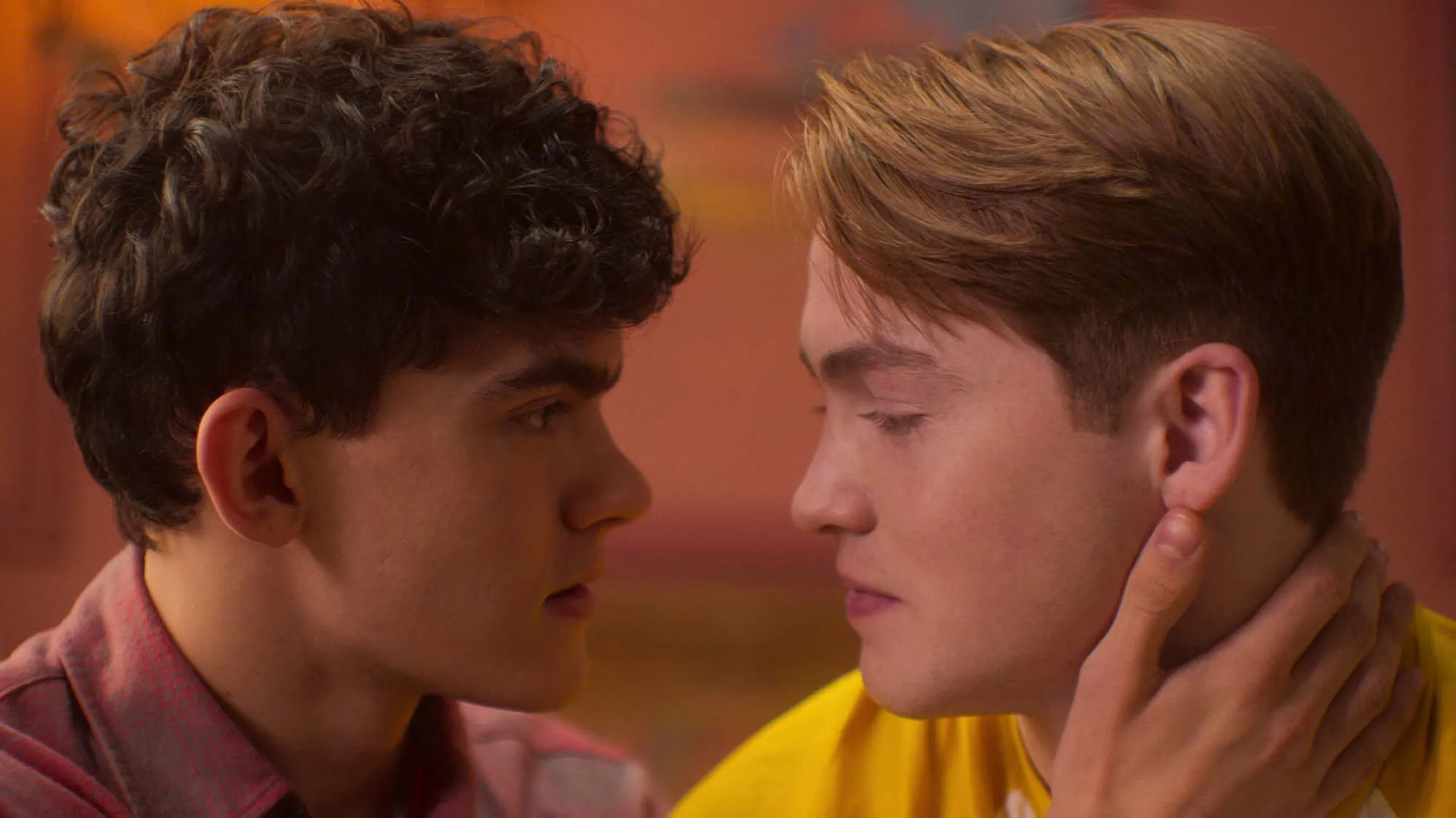My So-Called Life only lasted one season before it was canceled in 1995, but Wilson Cruz still receives messages about how impactful his character Enrique “Rickie” Vasquez was and still is to fans. That’s not surprising considering that Cruz was the first openly gay actor to play an openly gay character on television. LGBTQ+ representation has come a long way since then, but it still has a long way to go.
When thinking about LGBTQ+ representation in the geek sphere, DC superhero shows like Batwoman and Legends of Tomorrow come to mind. Star Trek: Discovery has also paved the way for LGBTQ+ representation with its casting of Anthony Rapp and Cruz as Lt. Paul Stamets and Dr. Hugh Culber, respectively.
Meanwhile, other sci-fi blockbusters like Avengers: Endgame and Star Wars: The Rise of Skywalker sought undeserved attention for including brief moments with unnamed gay characters but have yet to properly portray a fully realized LGBTQ character in live-action. The Old Guard, on the other hand, received praise for depicting a biracial gay couple as the central love story in a comics-based action flick.

On July 23, Comic-Con@Home hosted a panel discussion featuring Discovery’s Rapp and Cruz, Sense8 and Roswell, New Mexico’s Jamie Clayton, Orphan Black’s Tatiana Maslany, Shadowhunters’ Harry Shum, Jr., and more. The actors spoke about the state of LGBTQ+ characters on television and what’s next for the future of representation.
For Shum, Jr., playing the warlock Magnus Bane on Shadowhunters meant breaking down the stereotypes about bisexual people. He cited how important it was to simply show a couple being domestic onscreen. Rapp agreed, recalling how pivotal it was that his and Cruz’s characters on Star Trek: Discovery did something as intimate and domestic as brushing their teeth together. Such a small detail can be meaningful for LGBTQ+ representation.
9-1-1: Lone Star’s Brian Michael Smith added that he’d love to see a lot more diversity in general, including “intersectionality, with non-binary people, trans-disabled, trans-immigrants” at the forefront. In short, the more representation there is at every level within the entertainment industry, the more multidimensional and accurate the LGBTQ+ experience can be portrayed in storytelling.
Via Inverse






Be the first to reply